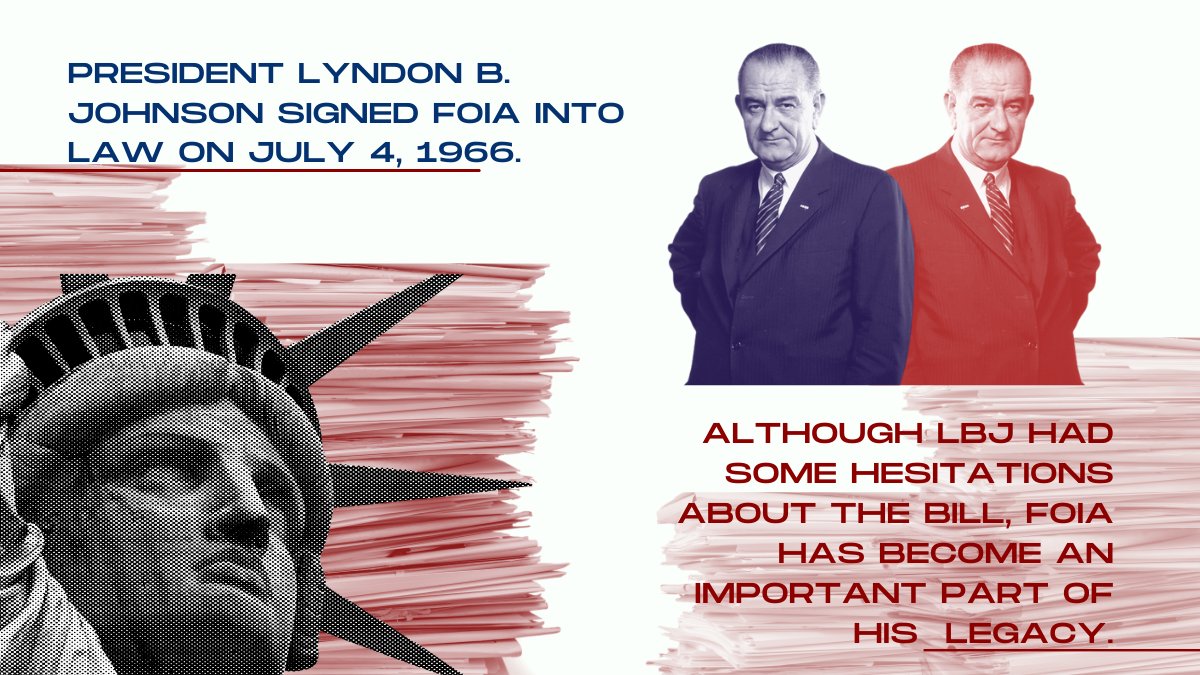
Today, we launched an investigation into allegations of preferential treatment for wealthy supporters of Florida Governor Ron DeSantis in the state’s Covid-19 vaccine rollout.
americanoversight.org/investigation/…
americanoversight.org/investigation/…
For too long, the public has been forced to navigate the contradictions between reported facts about the pandemic and vaccine rollout in Florida and the DeSantis administration’s questionable defenses and claims.
After months of reportedly freezing out scientists and data experts, stonewalling the release of information, and rejecting basic public health best practices, it’s time to test DeSantis’s words against the truth.
These requests follow reports that several wealthy communities in Florida have been given advanced access to the vaccine. In January 2021, MorseLife Health System, a high-end assisted-living facility in West Palm Beach, directed vaccines to its donors and board members.
Three developments tied to Neal Communities, owned by DeSantis donor Pat Neal, have received special access to the vaccine.
axios.com/florida-rich-c…
axios.com/florida-rich-c…
DeSantis seems to be politically benefiting from this favoritism. After Ocean Reef Club in Key Largo received early access to the vaccine in mid-January, one resident increased his contribution to DeSantis’s polticial committee with a $250,000 check.
The Miami Herald reported that following the start of the state’s pop-up vaccination clinic initiative, which allows residents to bypass the state vaccine registration system, DeSantis’s political committee has seen a boom in funding.
A lack of transparency has been a running issue in Florida during the pandemic. DeSantis has been combative toward journalists and refused to listen to the state surgeon general’s recommendations.
In December 2020, armed state agents raided the home of Rebekah Jones, the state’s former Covid-19 data chief. In May, Jones said she was fired because she wouldn’t censor or change data to “drum up support for the plan to reopen.”
https://twitter.com/weareoversight/status/1339220788424171520
The public deserves answers about Florida’s pandemic response. We submitted records requests to DeSantis’s office & other agencies for communications with representatives from the medical centers, health care groups, and communities that received early access to the vaccine.
We also requested any records reflecting the distribution of vaccines to or by certain wealthy or politically connected clubs and real estate developments, such as the Ocean Reef Club and several Neal Communities.
americanoversight.org/investigation/…
americanoversight.org/investigation/…
These requests are a part of our investigation of Florida state officials’ handling of the pandemic. We’ve previously submitted public records requests seeking communications related to the Covid-19 pandemic.
More on this investigation, including outstanding requests and records received, is available here:
americanoversight.org/investigation/…
americanoversight.org/investigation/…
• • •
Missing some Tweet in this thread? You can try to
force a refresh




